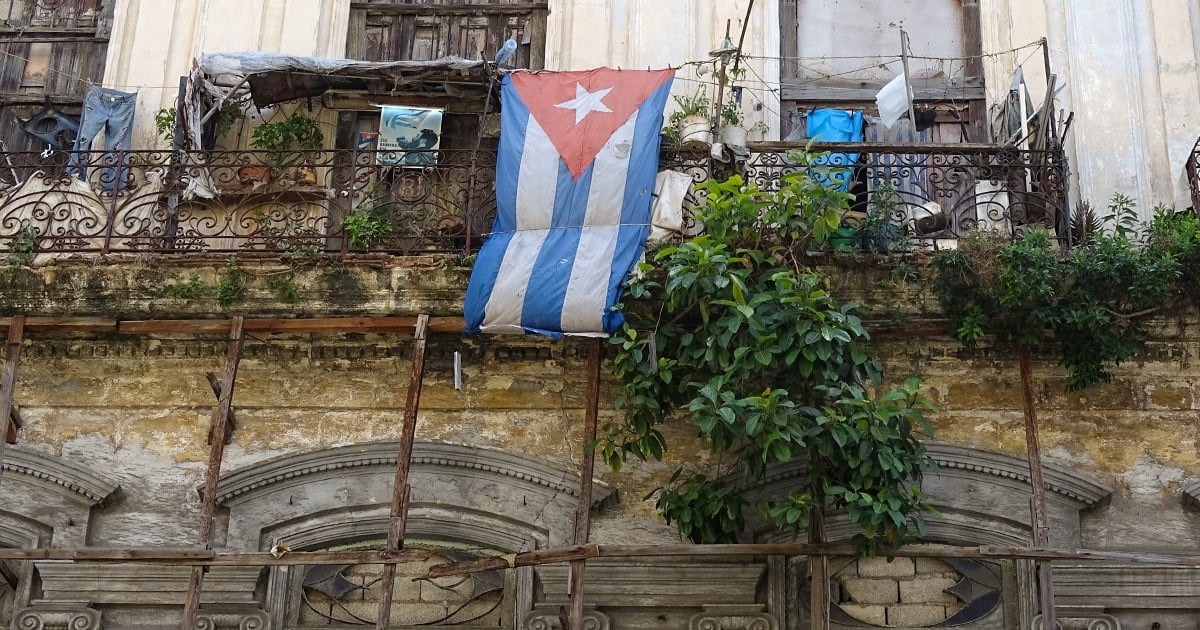
The Unión Eléctrica de Cuba (UNE) issued a statement detailing the measures taken in response to the electric energy emergency in which the country finds itself.
The measures, which come into effect this Friday, are as follows:
-All services that are not essential and that generate energy expenses are suspended.
The Ministry of Culture (MINCULT) suspends cultural activities, both in the state and non-state sectors.
-Only vital centers such as hospitals and those that produce food remain in service.
- Activities in nightclubs, recreation centers, and others that generate high concentrations of people are suspended.
The Ministry of Education (MINED) has suspended teaching activities from Friday to Sunday at all levels of education.
-All Energy Councils will be activated at the national, provincial, and municipal levels.
-Only essential personnel will remain working at the workplaces.
In another post made by journalist Lázaro Manuel Alonso on social media, the official communicator insisted that "it has been decided to protect the residential sector with electricity, and for this, only essential and production-associated centers in the state sector will operate."
"Instructions from the Prime Minister establish a general disconnection of non-essential workplaces, the use of teleworking, measures regarding high consumers, and the establishment of consumption plans in the non-state sector," he also noted.
Alonso also said that "the Political Bureau approved a plan of actions in response to the current situation of the national electric system, which includes the progressive recovery of the thermoelectric plants and the sites."
The Cuban Prime Minister, Manuel Marrero Cruz, appeared on Thursday night in a troubled appearance on Cuban radio and television alongside officials from the Ministry of Energy and Mines to inform about the current energy crisis in the country.
Marrero Cruz made it clear that the situation is extremely critical and indicated that a short-term solution is not expected.
"There are three important factors that affect the electricity generation deficit: the state of the infrastructure, the lack of fuel, and the increase in demand," he acknowledged, although he emphasized that the lack of fuel is the most significant of the three.
The Electric Union reported this Friday that last night there were blackouts in the country amounting to 1,642 MW, a figure slightly below the 1,678 that had been estimated, but still a record figure in the current energy crisis the country is suffering.
What do you think?
COMMENTFiled under: